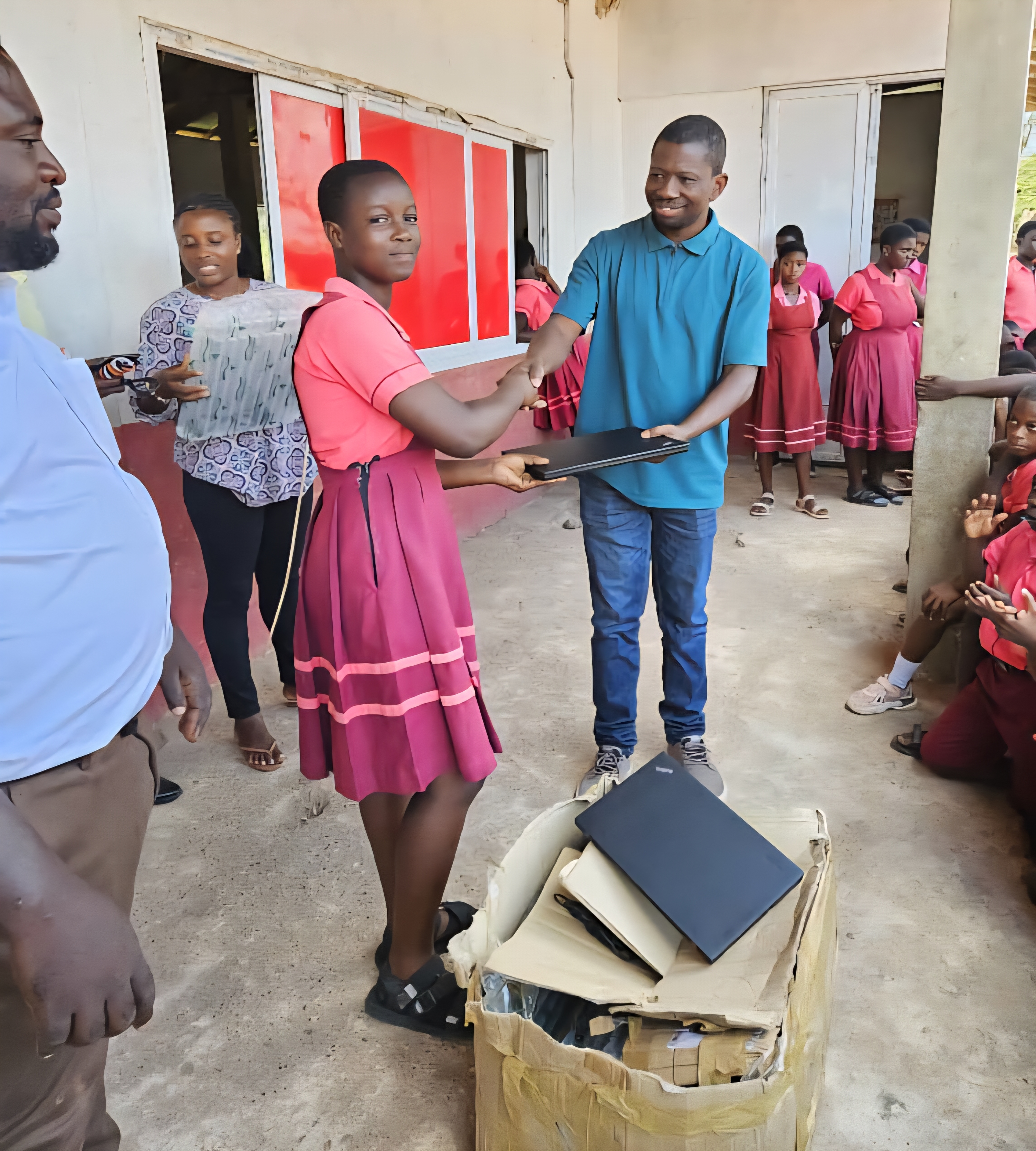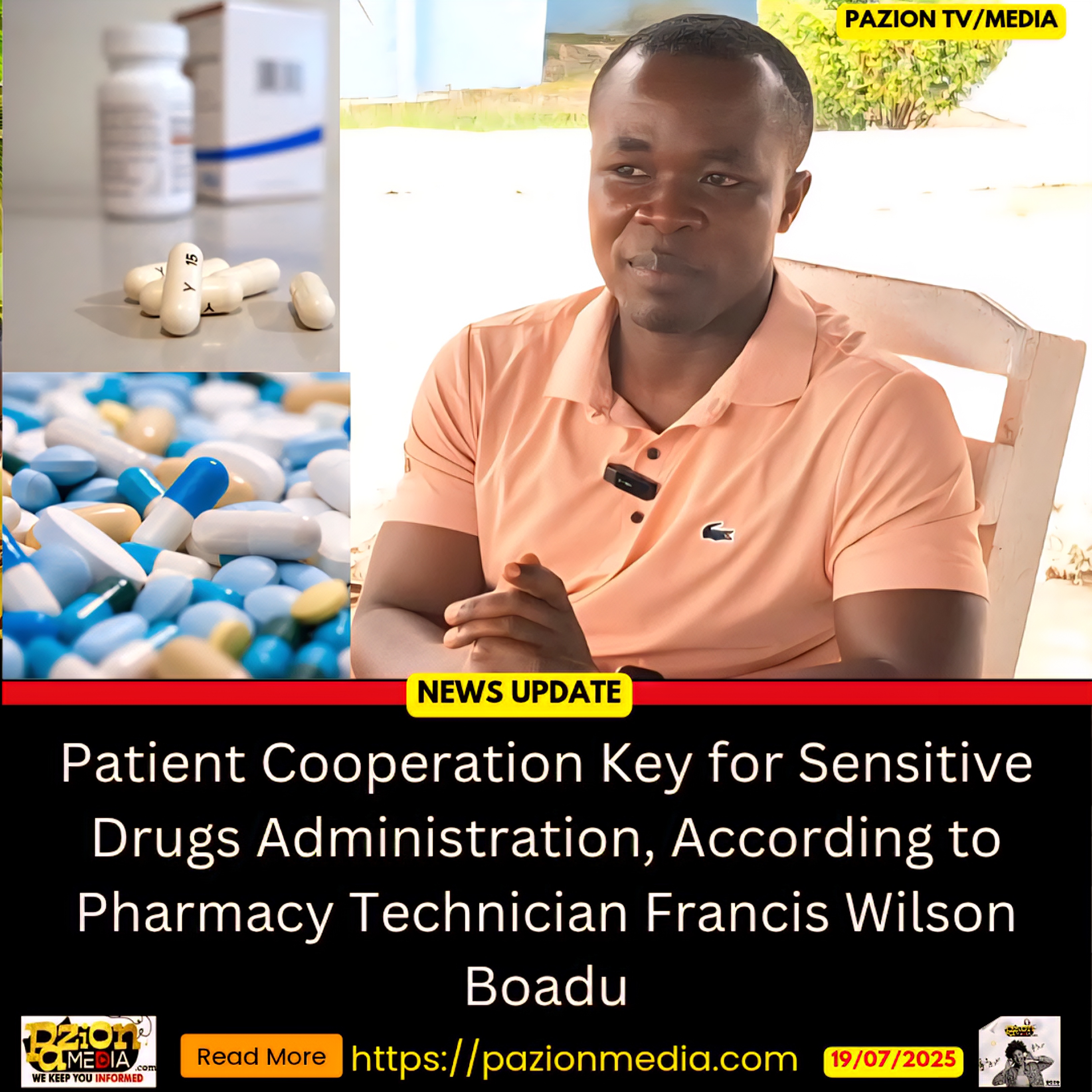This chapter is a continuation of how to discover your destiny and why did God send us to the earth.
What is making our destiny difficult and stressful?
a) Our choices
It is best to use illustration to explain this. Your destiny is to travel from Kumasi to Accra within five hours which has been pre-destined for you. The type of transportation and direction to your destination is your choice. Your talent might be walking or driving/flying ability. From Kumasi to Accra, you can choose a Sport Utility Vehicle (SUV), motorbike, bicycle, aeroplane or walk on foot. That is your choice. Every choice determines subsequent repercussions. After choosing your mode of transportation, you determine the direction you want to travel. Assume you choose driving as a mode of transportation. You can drive through Nkawkaw to Accra or through Obuasi to Asankrangwa to Takoradi to Accra. Every road chosen determines subsequent events. After choosing the road to travel on, you decide what you do along the road. You can pick passengers along the road, park and sleep, stop to watch footbagamesame or travel straight forward. Whatever you do along the road has subsequent events. No matter your choices, you are meant to use five hours to reach your destination from Kumasi. If you were the one to complete this destiny, what would be your wisest choices?
Overrelianceance on prayers
On this point, the writer is not alluding that prayer is unnecessary but we do not put much effort into re-assessing our decisions. We hardly follow the solutions that prayer brings due to social pressure, personal expectations, greed and envy. Let’s use the Kumasi-Accra scenario: Imagine you chose to walk to Accra but when you got to Konongo, you realized that you have used two hours out of the five hours to get there. If you imagine the distance and time left, you know within yourself that it is almost impossible to achieve your destiny. Your only solution is to waste too much praying pray instead of re-assessing your decisions in the past. Whatever power you prayed to, answered you by sending a small boy to advise you to get public transportation but you felt “too big” to travel inside “trotro” to continue your journey. You then continue to perform spiritual directions and prayers without obeying the subtle answers that may avail to you. Because a prophecy has been given to you that one day you will arrive in Accra, even if someone wishes to help you to get to Nsawam, you would not accept that invitation. In your zeal to reach Accra by all means, you might be tempted to engage in certain activities that would further waste your time. By the time you would realise that you need to get an airplane to continue your journey, the five hours you were given would have expired. Then you exit this world through death. This is where the word “regret” is applicable. So long as you are alive, after regretting, make conscious efforts to reconsider your decisions and move on.
c) Sins
Every destiny has actions that are not beneficial to the mission. Such actions are deviations from your destiny. Any action that drives a person off course/delays one’s progress towards his destiny is a sin to your destiny but that same action might not be a deviation (sin) to another person’s destiny. The sins are enticements of the world which has the possibility of putting someone’s soul in the prison of pleasure without control. These sins are stains on the soul which make the soul heay and can be removed by changing our mind (repentance) or sending the stains to the afterlife. When one person dies, it means that person has used up the allotted period of stay on earth, whether the mission was accomplished or not. The way you exit this world is also pre-determined no matter the choices you made previously. A Yiddish proverb says tht, “If a man is destined to drown, he will drown even in a spoonful of water.”
Read the final part….How can you know if your decision is aligned with your destiny?
https://pazionmedia.com/?p=783
Smart Asante-Mireku
 Pazionmedia.com Pazion Media l Latest News l Politics l Sports l Entertainment
Pazionmedia.com Pazion Media l Latest News l Politics l Sports l Entertainment



